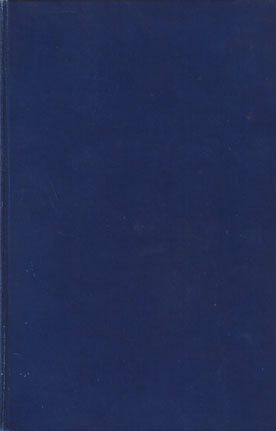
Out of Print
Cases in Court is a personal account of his most memorable trials by a great British barrister whose name was world-famous. In all of the cases described he played a leading part.
Here, as he writes in his preface, arc " pictures of the litigants themselves : just ordinary human beings seeking redress against their wrongs, real or imaginary; men and women struggling to protect their reputa¬tions and perhaps their lives."
There are five notorious murder trials, including:-
Sir Patrick Hastings (1880-1952) had to leave school at Chartcrhousc at the age of 16 for financial reasons and took a job as a navvy on a mining project in North Wales. After serving in the South African War, he studied law and worked as a dramatic critic. He was called to the Bar in 1904 and soon made his mark, becoming a K.C. in 1919.
He entered Parliament in 1922 and was appointed Attorncy General in the first Labour Government. Owing to bad health he gave up politics in 1926 and returned to his practice at the Bar, achieving vast success. Besides contributing frequently to the Press, he wrote his autobiography and a number of plays, several of which were filmed.